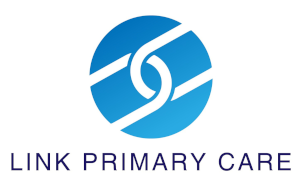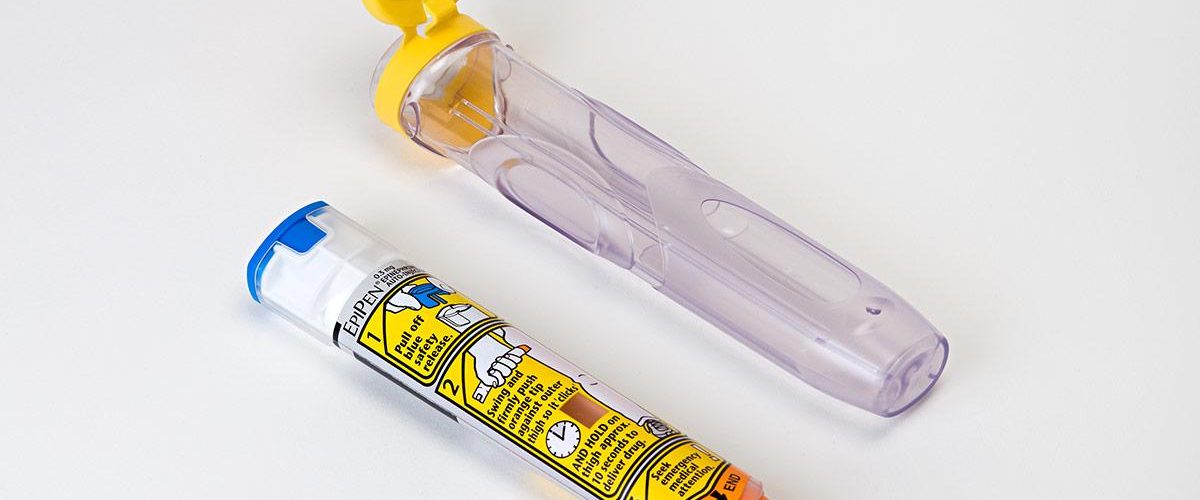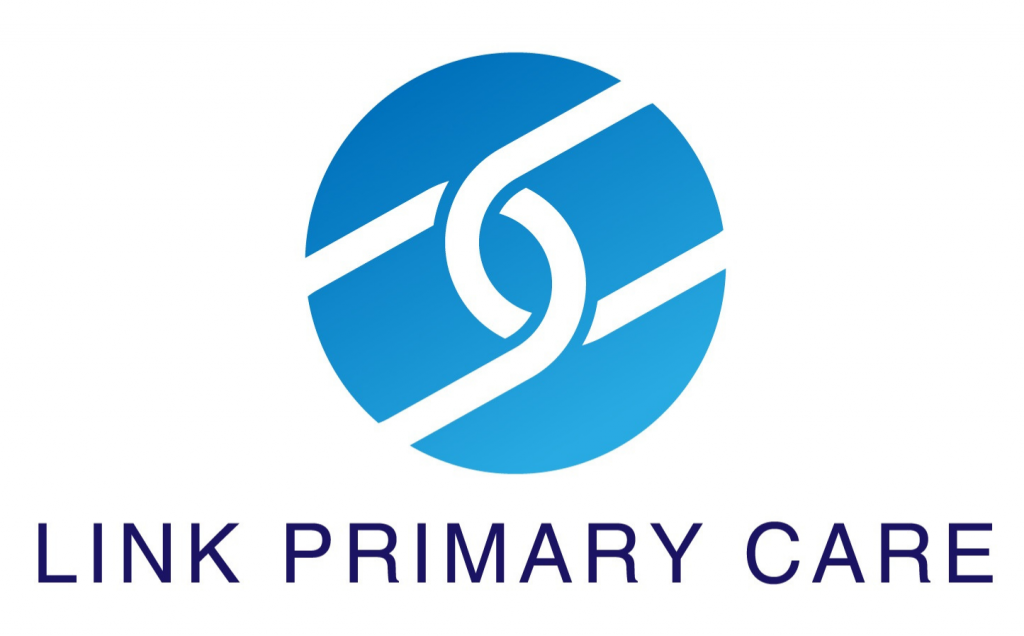Understanding Allergic Reactions, Anaphylaxis, and EpiPens
For parents of children with allergies, the threat of a severe allergic reaction is always present. Anaphylaxis, a potentially life-threatening reaction, can occur suddenly after exposure to an allergen, causing panic and fear for any parent. In these critical moments, having an EpiPen and knowing how to use it can make all the difference.
As a Family Practice Direct Primary Care clinic, we want to ensure that parents are equipped with the knowledge and tools necessary to protect their children. In this blog post, we’ll explain how EpiPens work, when they should be used, how they fit into allergy management, and why scheduling a one-on-one consultation with a trusted healthcare provider is essential to your child’s safety.
What is an EpiPen?
An EpiPen is an epinephrine auto-injector designed to treat severe allergic reactions, known as anaphylaxis. It delivers a pre-measured dose of epinephrine (adrenaline), a hormone that quickly reverses the most dangerous symptoms of an allergic reaction.
Here’s a link to the EpiPen manufacturer’s website for reference: https://www.epipen.com/en
Anaphylaxis can cause:
Difficulty breathing: Due to swelling of the throat and tightening of the airways.
Drop in blood pressure: This can lead to dizziness, fainting, or even shock.
Swelling: Especially in the face, lips, and throat.
Hives and skin reactions: Intense itching or red welts.
When left untreated, anaphylaxis can be fatal. EpiPens provide a fast-acting solution that can stabilize a child’s condition while waiting for emergency medical services to arrive.
Here’s more information about anaphylaxis from the American Academy of Allergy, Asthma, and Immunology: https://www.aaaai.org/conditions-treatments/allergies/anaphylaxis
How Does an EpiPen Work?
EpiPens are designed for simplicity and speed during emergencies, allowing even those without medical training to administer them safely. Here’s how they work:
Recognize the Signs of Anaphylaxis: The first step is identifying that your child is experiencing a severe allergic reaction. Signs of anaphylaxis include swelling, trouble breathing, hives, vomiting, and a rapid heart rate. Symptoms can escalate within minutes, so quick recognition is crucial.
Remove the Safety Cap: The blue safety cap at the top of the EpiPen prevents accidental injection. Remove it only when ready to use the device.
Administer the Injection: Firmly press the orange tip of the EpiPen against your child’s outer thigh, even through clothing. The auto-injector delivers a pre-measured dose of epinephrine directly into the muscle. You will hear a click when the needle is deployed. Hold the EpiPen against your child’s leg for a full three seconds – allowing the medication to be injected.
Call Emergency Services: After administering the EpiPen, it’s important to immediately call 911 or seek emergency medical attention. Epinephrine works quickly, but its effects can wear off within 15-20 minutes, and further treatment may be required.
Monitor Your Child: Keep your child calm and lying down while waiting for emergency personnel. If symptoms return or worsen, a second EpiPen may be needed before help arrives.
Why is Epinephrine So Effective?
Epinephrine is a hormone that acts on multiple systems in the body, making it an effective treatment for anaphylaxis. Here’s why it’s so crucial:
Rapid Reversal of Airway Swelling: Epinephrine relaxes the muscles in the airways and decreases swelling, making breathing easier. This is particularly important when the throat is swelling and obstructing airflow.
Restoration of Normal Blood Pressure: Anaphylaxis causes blood pressure to drop, which can lead to fainting or shock. Epinephrine constricts blood vessels, restoring blood pressure to safe levels.
Reduced Swelling and Hives: Epinephrine helps reduce the swelling of tissues, particularly around the face, lips, and throat, and diminishes the severity of hives and itching.
By working on the cardiovascular, respiratory, and immune systems simultaneously, epinephrine buys time for emergency responders to provide further medical care.
When Should You Use an EpiPen?
EpiPens are designed for immediate use during the early stages of anaphylaxis. Knowing when to use one is essential for any parent of a child with severe allergies. Don’t wait for all symptoms to appear before administering epinephrine. Here are some key indicators that your child may be experiencing anaphylaxis:
Swelling of the face, lips, or throat
Difficulty breathing or shortness of breath
Wheezing or chest tightness
Rapid or weak pulse
Hives or welts on the skin
Vomiting or diarrhea after allergen exposure
Loss of consciousness or dizziness
Because anaphylaxis can progress rapidly, it’s better to err on the side of caution. Administer the EpiPen as soon as you suspect anaphylaxis and contact emergency services immediately.
What Are the Most Common Triggers of Anaphylaxis in Children?
Children with allergies are often exposed to allergens in everyday life. Being aware of the most common triggers can help you minimize the risk of anaphylactic reactions. Some common allergens include:
Food Allergens: Peanuts, tree nuts, dairy, eggs, soy, shellfish, and wheat are among the most frequent food-related triggers of anaphylaxis in children.
Insect Stings: Stings from bees, wasps, hornets, and fire ants can cause severe allergic reactions in some children.
Medications: Antibiotics like penicillin and certain non-prescription drugs can lead to anaphylaxis.
Latex: Though less common, some children have severe latex allergies, particularly to items like balloons or medical gloves.
Understanding your child’s allergy triggers is the first step in prevention. You should work closely with your doctor to develop an allergy management plan tailored to your child’s specific needs.
How to Use an EpiPen Safely and Effectively
While EpiPens are designed for ease of use, it’s important to practice proper technique and follow guidelines for safe storage. Here are some tips to ensure you’re prepared:
Practice Makes Perfect: Many EpiPens come with a trainer device. Use this to practice administering the injection so that when a real emergency arises, you’re confident and ready.
Store the EpiPen Properly: EpiPens should be stored at room temperature and away from direct sunlight. Extreme heat or cold can affect the effectiveness of the medication, so avoid leaving it in your car or near windows.
Check the Expiration Date: EpiPens typically have a shelf life of about a year. Keep track of expiration dates, and replace expired devices to ensure you always have a working EpiPen on hand.
Carry the EpiPen Everywhere: Make sure your child always has access to their EpiPen, whether at school, home, or on the go. Inform caregivers, teachers, and family members about the location of the EpiPen and how to use it.
Have a Backup: Many doctors recommend keeping an additional EpiPen in case a second dose is required or if the first device malfunctions.
EpiPen Side Effects: What to Expect
Epinephrine is a powerful drug, and while it is lifesaving, it can cause some temporary side effects, including:
Increased heart rate
Anxiety or nervousness
Trembling or shaking
Dizziness or lightheadedness
Headache
These effects usually subside quickly and are not a reason to avoid using an EpiPen in an emergency. The benefits far outweigh the potential discomfort from side effects, and delaying epinephrine administration could lead to far more serious consequences.
Managing Severe Allergic Reactions at Link Primary Care
At our clinic, we are dedicated to supporting parents in managing their children’s allergies with personalized, affordable care. Find more about Link Primary Care Pediatrics services on our website: https://linkprimarycare.com/services/
Here’s how we can help:
Personalized Allergy Management Plans: We offer individualized care plans based on your child’s unique needs and allergy triggers. Our goal is to help you minimize the risk of anaphylaxis and empower you with the knowledge to manage allergic reactions confidently.
24/7 Patient Access: We understand that emergencies can happen at any time. That’s why our doctors are available immediately; we’re here to provide support when you need it most.
Affordable Care Options: We believe that healthcare should be accessible and affordable for all families. Our transparent pricing and flexible care plans ensure you can get the care your child needs without financial stress. You can save money at our wholesale pharmacy on EpiPens or other medication for your child.
Education and Training: We offer hands-on training to parents and caregivers on how to use EpiPens and other epinephrine auto-injectors, so you’ll be prepared in case of an emergency.
Protecting Your Child from Severe Allergic Reactions
As a parent of a child with allergies, understanding how to use an EpiPen is crucial for managing potentially life-threatening reactions. By recognizing the signs of anaphylaxis and knowing how and when to administer epinephrine, you can help keep your child safe in emergencies.
For more information, schedule a one-on-one consultation with Dr. Jeffrey Davis using the following link:
https://calendly.com/jeffreydavis-linkprimarycare/link-primary-care-meeting
Get more information on our website at linkprimarycare.com


